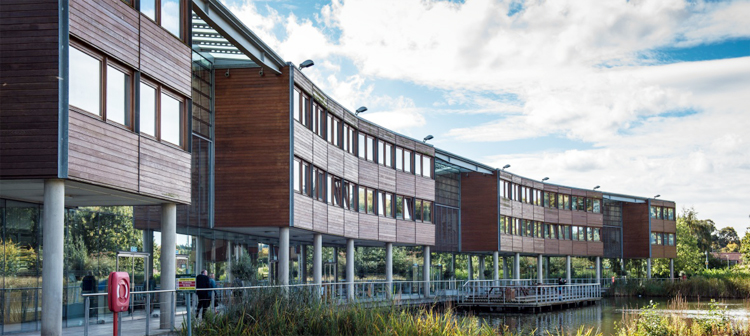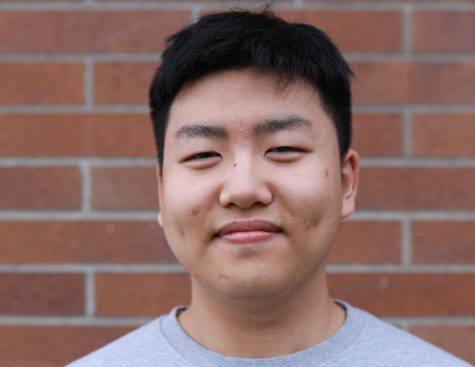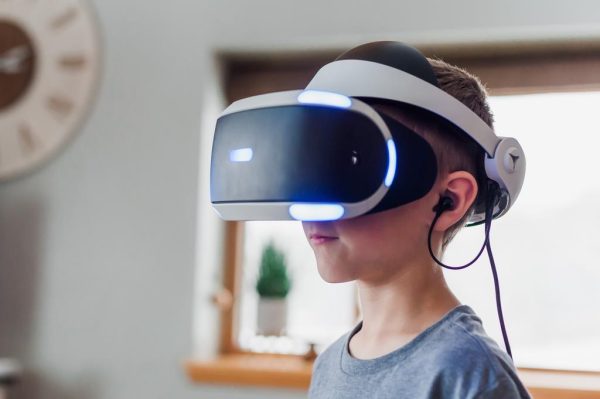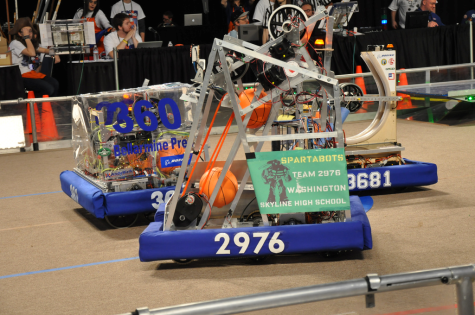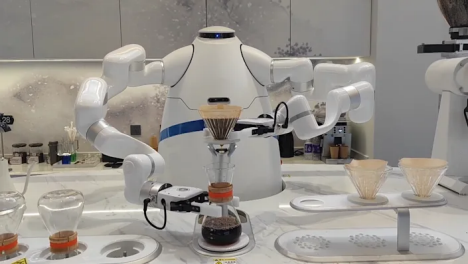Artificial Intelligence: How Far is Too Far?
April 21, 2022
What would you do if you could predict your time of death and how you would die?
On March 27th of 2019, Medical researchers at the University of Nottingham developed an AI that used the data of all of the medical records in the United Kingdom to calculate the expected time of death of a person.
As technology continues to advance, we will face ethical problems that may be hard to resolve. It seems like the more beneficial the technology is, the more problems it could bring.
Sechang Oh, former professor of computer science at KAIST University in Korea talks about how these problems affect the development of new programs.
“As programmers, we often debate about how this might impact our users before starting innovative programs and we sometimes have to cancel them.” Says Oh, “however I believe that we must continue to develop these technologies so that we can advance into the future.”
Like Oh says, these ethical issues that are set by today’s standards cause programmers and developers to be more cautious and halt innovative developments due to these issues.
Oh compared the situation to Albert Einstein’s nuclear energy formula saying how these new technologies may be used as a weapon but could also bring us closer to the future saying that we must continue these projects.
In a BBC Article: What if we knew when and how we’d die Chris Feudtner, pediatrician and ethicist at the children’s hospital of Philadelphia, and Laura Blackie, assistant professor of psychology at the University of Nottingham, talks about how knowing the when and how we would die might impact us.
“Most of the time, we go through our days unaware, not thinking of our mortality, we cope by focusing on the things more directly in front of us.” Says Feudtner.
“The more neurotic and anxious you are, the more preoccupied you’ll be with death and unable to focus on meaningful life changes,” says Blackie “But on the other hand, if you’re told you’ll die peacefully at 90 in your sleep, then you might not be that motivated to engage with it, either.”
Like Feudtner said, by being more anxious we focus on our lives and by not knowing how and when we might die, we will live our lives being stressed but also productive.
However, Blackie claims that if we knew when we would die, it would most likely live unproductively because the person might value time as either too important or too irrelevant to carry on with their lives healthily.
This may be the case but the ability to know when you might die may impact us and cause us to act irrationally. However, if we use this tool effectively this could be used to prevent many deaths and over time, we will adapt to this technology and will use it to use our time effectively.

